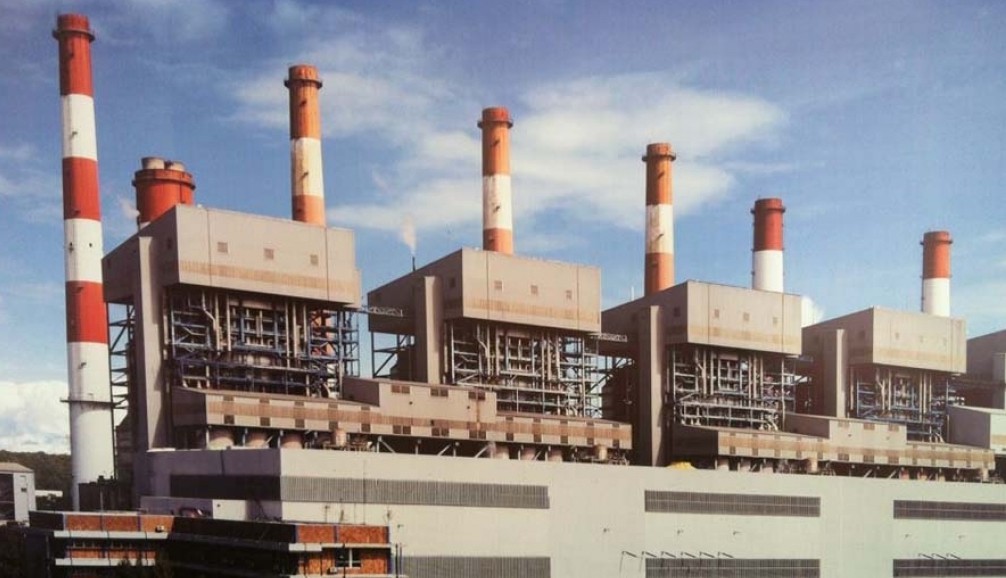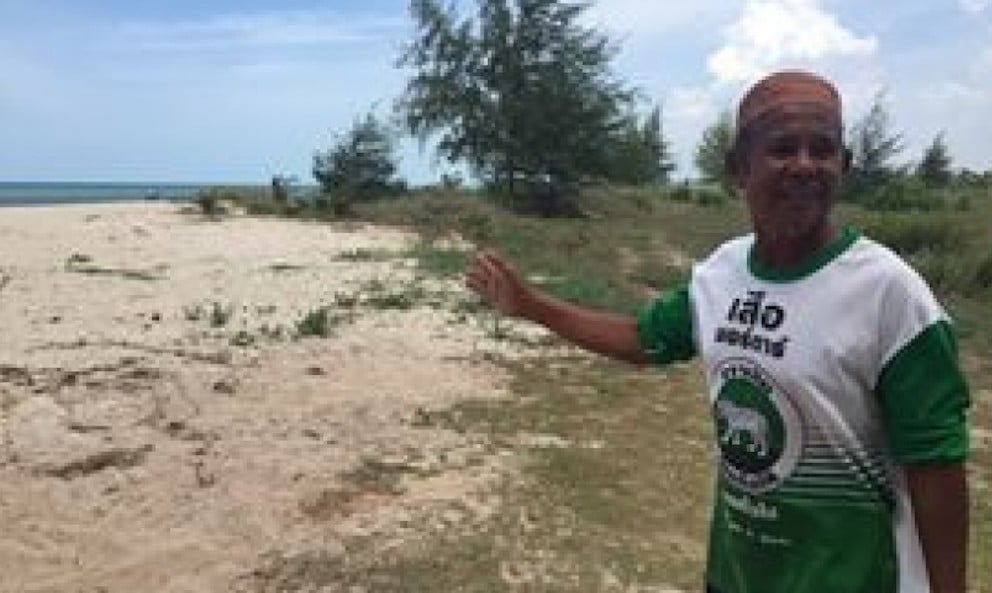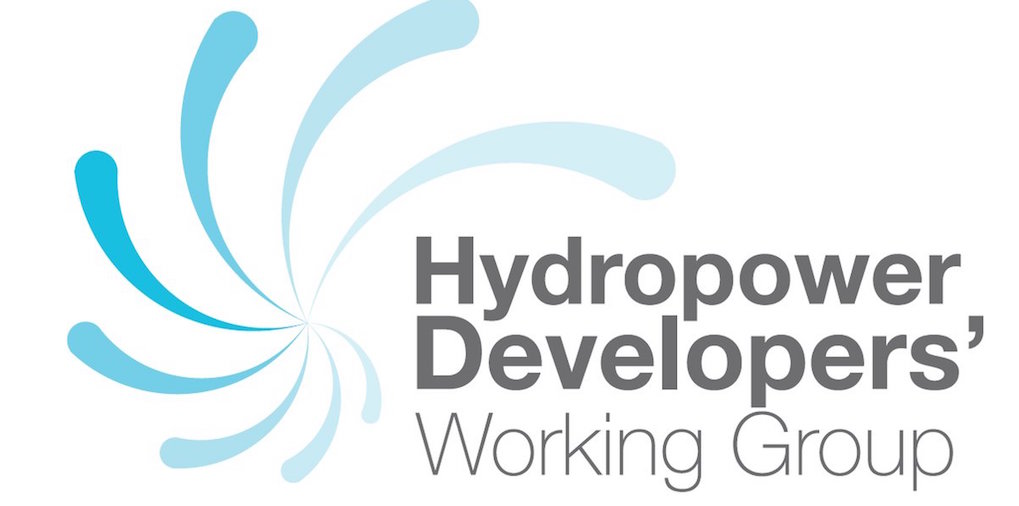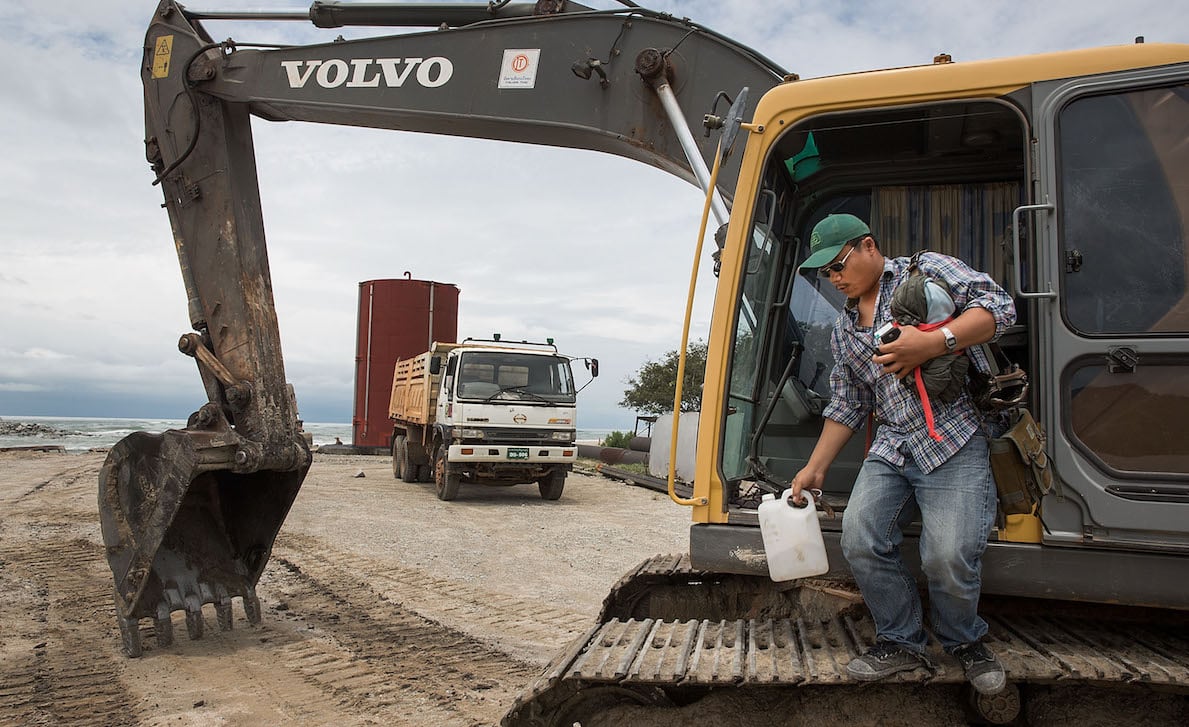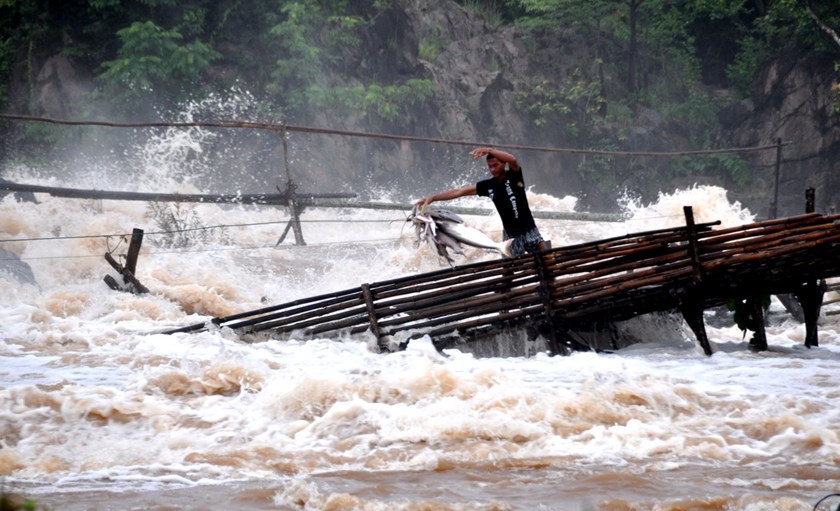A global moratorium commencing in 2017 on new fossil-fuel power plants without carbon-capture technology is an option. It would have to be accompanied by grants and cheap international loans to help countries that cancel fossil-fuel power plants to rapidly develop energy efficiency, solar and wind.
Tag: industry
Egat insists on going ahead with Thepa plant
CONSTRUCTION of the Thepa coal-fired power plant is set to begin in the second quarter of next year, the Electricity Generating Authority of Thailand (Egat) said, even though many locals have refused to sell their land despite facing threats.
Egat has so far insisted that it will build the 2,200-megawatt power plant in Songkhla’s Thepa district, despite strong protests from local people. The Environment and Health Impact Assessment (EHIA) for both the plant and coal transport has also not been approved by the Natural Resources and Environmental Policy and Planning Office (ONEP).
River Network Objects To Hydropower Group
Concerned about a series of dams planned along the Salween River, the Save the Salween Network has raised objections to the formation of the Hydropower Developer’s Working Group (HDWG) in Burma by the International Finance Cooperation (IFC), claiming it will assist investors while sidestepping potential negative outcomes of the dams for thousands of ethnic minority groups.
The Salween River is one of the largest free flowing rivers in the world with many largely isolated groups living alongside it.
IFC and Private Sector Launch Working Group to Drive Change in Myanmar Hydropower Sector
IFC, a member of the World Bank Group, and the private sector launched the first working group for Myanmar’s hydropower sector. The Hydropower Developers’ Working Group (HDWG), first established in Lao PDR in late-2013, is the only platform exclusively for hydropower companies and industry-related professionals to influence policy and identify solutions to improve upon sustainability and business operations in Myanmar.
Over 100 stakeholders from Myanmar’s hydropower sector including companies, civil society organizations, financial institutions and government officials attended the working group’s first General Forum today in Yangon. The interim executive committee presented the working group’s agenda focusing on strengthening private sector relations with the government and highlighting the best practices and policies needed to develop projects sustainably. The committee comprises local and international hydropower companies and consultants operating in Myanmar.
Into the Zone: SEZs in the Mekong Region, Income…or Instability? (Part 2)
While neighboring Thailand’s Special Economic Zones are now progressing without much public consultation or review, Myanmar may be moving in the opposite direction. Its three SEZs which were launched in the waning years of the junta, are now under the direction of the civilian government fully aware of concerns raised by communities and independent researchers, and inclined to take stock of what their predecessors set in motion. At issue are a whole range of social and environmental grievances, as well as the viability of the projects themselves and to what extent they reflect the new leadership’s priorities.
China Gezhouba Group signs deal to construct 35-MW Xelanong 2 hydropower project in Laos
The China Gezhouba Group Corp. has signed an agreement with the Laotian government to develop a 35 MW hydroelectric plant in Laos’ southern Salavan province, according to reports from state news sources.
China Gezhouba will develop what is being called the Xelanong 2 project using a build-operate-transfer model, with construction of the US$72 million facility expected to take about 40 months.
Xelanong 2 and its 55-meter-high dam will be located on an unspecified tributary of the Mekong River and is part of the Laotian government’s effort to dramatically increase the availability of electricity to its population by 2020.
Other significant hydroelectric plants being developed in Laos include the 1,285-MW Xayaburi, 1,156-MW Nam Ou and 410-MW Xe-Pian Xe-Namnoy, amongst others.
Thilawa Zone B to start in November
Development of the second stage of the country’s first economic zone will begin with infrastructure including roads, electricity and water, said U Myint Zaw, general manager of Myanmar Japan Thilawa Development Limited.
“We will implement Zone B in phases. Once one phase is complete, we will start on the next one,” he said.
Meanwhile the smaller Zone A is around 90 percent complete, with US$760 million in foreign investment committed to the project across 400 hectares of land. The project is located to the south of Yangon.
SEZ polluting Bavet canal, villagers say
Villagers living along a canal in Svay Rieng province’s Bavet town say its water has been polluted by untreated discharge from the nearby Manhattan Special Economic Zone (SEZ), rendering it unusable.
Three communes live along the Tapov canal – Bati, Prasat and Bavet – with villagers from the first two saying that they have complained about the pollution since 2015 and that the quality of the water has continued to decline and the smell is unbearable.
Cambodia Pushing for More Benefits From Mekong Integration
The government is seeking to develop ways of increasing the benefit felt by Cambodia from economic corridors opened throughout the Greater Mekong Subregion as part of Asean integration, an official has said.
Sok Chenda Sophea, secretary general of the Council for the Development of Cambodia, told reporters after a meeting of ministers from countries in the region held on Thursday that the government had developed a strategy to remain competitive.
New book: Licensed Larceny: Infrastructure, Financial Extraction and the global South
This new 144-page book, just published by Manchester University Press, argues that the current push worldwide for Public-Private Partnerships (PPPs) is not about building infrastructure — roads, bridges, hospitals, ports and railways – for the benefit of society but about constructing new subsidies to benefit the already wealthy. It is less about financing
development than developing finance.


